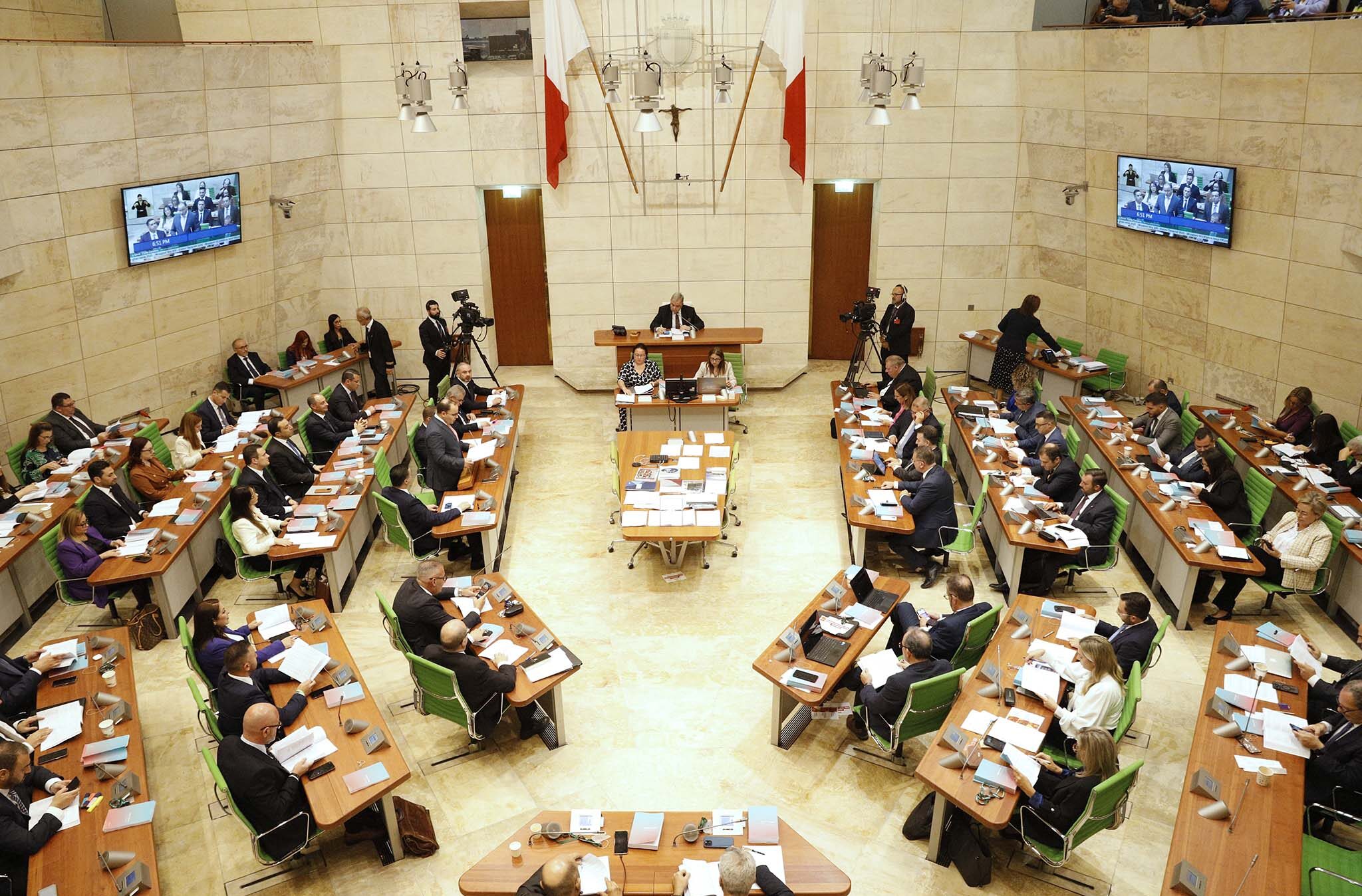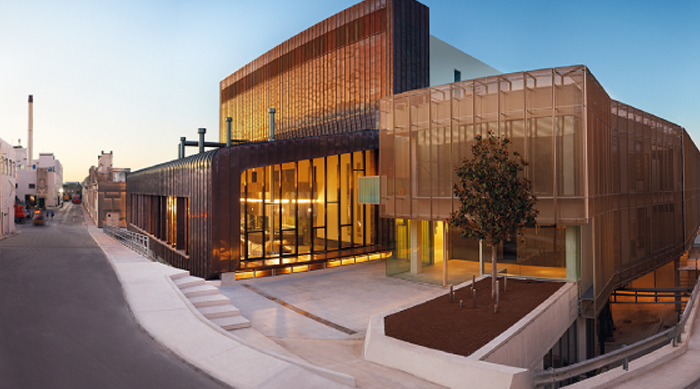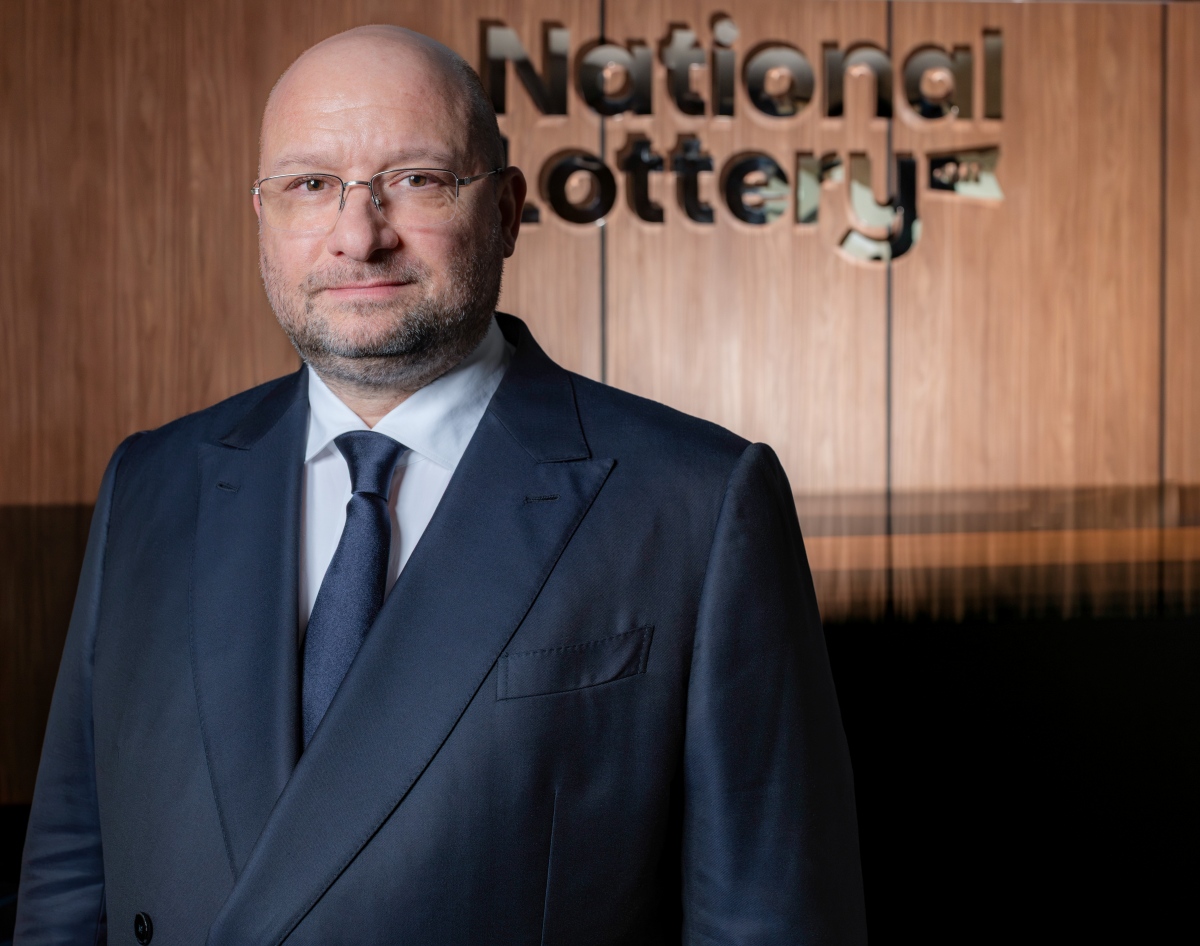The Maltese Government’s Budget 2025 announcement outlines a range of fiscal, social, and industry-specific initiatives designed to bolster both business growth and employee welfare.
For CEOs and business leaders, these measures present opportunities to adapt to changing workforce expectations, leverage industry incentives, and align with Malta’s evolving economic strategy.
Employee welfare
New income tax bands for 2025:

The Government’s flagship proposal was the widening of income tax brackets, which will cost state coffers some €140 million. Indeed, this will translate into more disposable income for employees. For businesses, this can mean a more motivated workforce and potential increases in consumer spending.
Additionally, reduced tax pressures enhance Malta’s appeal as a place to work, potentially easing recruitment and retention challenges for HR departments. As for the Cost of Living Adjustment (COLA) for 2025, employers will breath a sigh of relief to see that it has been slashed from €12.81 per week in 2024 to €5.24 weekly in 2025, providing employers with some cash flow relief.
Energy and industrial investments
Energy subsidies have been preserved, while ongoing grants for photovoltaic panels, battery storage, and solar water heaters have been retained, underlining Malta’s push towards sustainability. Moreover, infrastructure work on offshore wind turbines and a second interconnector is set to continue, marking a significant commitment to diversifying energy sources.
The continuation of energy subsidies will be welcomed by local businesses, as it will allow for spending forecasts and budgets for the upcoming year to be made more precisely. It will also serve to keep operational costs steady as wage inflation pressures and overall inflation continue to taper off.
The Government has also reiterated its support for industrial growth through investments in key industrial estates and plans for a new startup incubator and SME park in Ħal Far, designed for panel beating, carpentry, and spraying services. These facilities aim to support local trade industries and reduce industrial encroachment on residential zones.
CEOs operating within these industries can leverage these resources to scale operations and refine business practices in Malta’s developing industrial landscape.
Property market support
The budget also extends incentives to stimulate the property sector.
The first-time buyers’ scheme, which grants €10,000 over a decade, will be maintained, along with reduced stamp duty for both first-time and second-time buyers.
The Government is also reinforcing fiscal support for properties in Urban Conservation Areas (UCAs) or properties that have been vacant for seven years, providing grants of €15,000 in Malta and €40,000 in Gozo. This comes after rumours circulated in September that this budget will not extend the incentive.
Furthermore, the capital gains tax exemption for up to €750,000 and VAT savings of up to €54,000 on the first €300,000 in restoration costs will continue into 2025, promoting property restoration and investment in conservation zones.
These measures offer financial incentives and strategic opportunities, positioning Malta’s property market as an area of interest for leaders looking to enhance their companies’ investment portfolios or expand services in real estate and development.
Incentives for high-skill sectors and family offices
Furthering its economic evolution, the Government has committed to expanding family office business, limited partnerships, and fostering growth in offshoots of the gaming sector, including video gaming and esports.
Dr Abela has clarified that this strategic shift does not entail “shutting the door” on existing economic sectors but rather raising standards across industries and encouraging investment in high-tech, high-skilled sectors.
Private pensions
The Government’s ultimate goal is for every employee entering the workforce or changing jobs to have the opportunity to invest in an occupational pension plan. While employers will not be obligated to contribute, they must offer their employees the chance to join a plan. It’s up to the employee to decline this option. On its part, Minister Caruana said the Government is committed to matching employee contributions up to a maximum of €100 per month for Government employees.
This plan will benefit from the same tax incentives available today, both for employers and employees. Those already enrolled in a private plan can also join an occupational plan and benefit from the same schedule of tax incentives. The next step is to finalise the details in consultation with the relevant sectors and social partners so that these schemes can be implemented in Malta by mid-next year.
Minister Clyde Caruana said that Government wishes to herald in a culture change, and entice the private sector to match employee contributions and view it as an investment of their workforce. Social partners have however noted that the employer incentives to match employee contributions have not been improved, putting private employers at a disadvantage on the labour market and in competition with the public sector.
Featured Image:
DOI - Clodagh O'Neill
Farsons names Alistair Martin Haber as Chief Digital and Technology Officer
He brings more than 25 years of international experience in digital transformation, infrastructure modernisation and cloud strategy across enterprise environments
Matthew Ellul Sullivan assesses how Middle East war could impact Malta
He said that Malta could be negatively impacted if the closure of the Strait of Hormuz results in fewer vessels ...
MedservRegis Co-CEO: Disruption to Middle East operations minimal, no evacuation required
Olivier Bernard says the group’s operations remain largely unaffected and there is currently no need to evacuate staff.
IZIGROUP: From market leadership to international ambition
Over the past few years, IZIGROUP has been 'methodically laying the groundwork for international growth,' says Founder and CEO Johann ...









